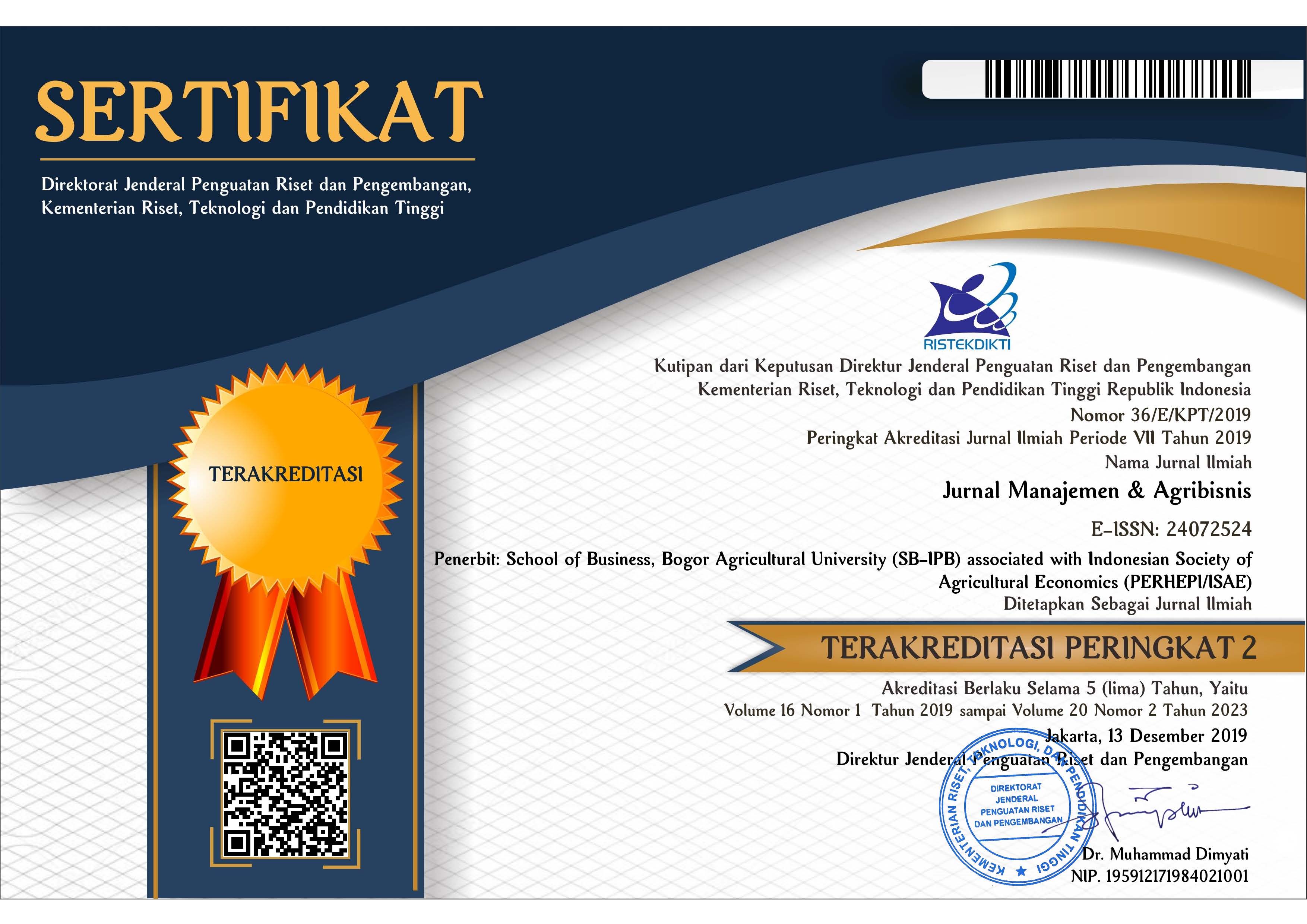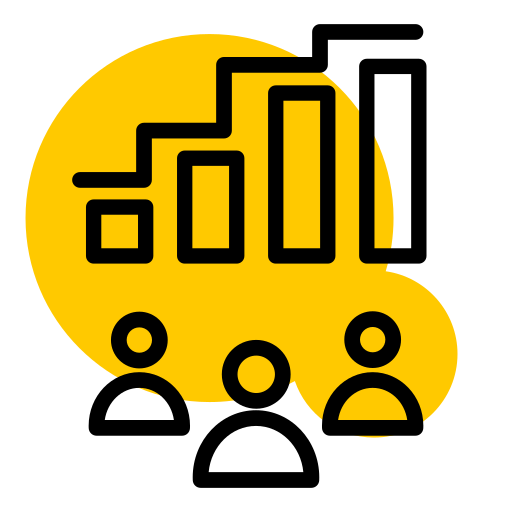DAMPAK KENAIKAN HARGA BBM TERHADAP KINERJA EKONOMI MAKRO, KERAGAAN EKONOMI SEKTORAL DAN RUMAHTANGGA DI INDONESIA (Suatu Pendekatan Model Ekonomi Keseimbangan Umum Recursive Dynamic)
DOI:
https://doi.org/10.17358/jma.2.1.35-52Abstract
An 29% increased on fuel price on March 1st, 2005 has several implications on Indonesian economy. It includes micro and macroeconomics performance of Indonesian economy. Using Recursive Dynamic Computable General Equilibrium (CGE) Model, namely “Poverty Indonesian Model”, the simulations show that an increase of fuel price tends to reduced household and industry demand for fuel (oil refinery). Reducing demand also happen although an increase of fuel price following which the compensation fund on health and education sectors. Furthermore, wage of unskilled labor also decline. The purchasing power and welfare of households will be reduced because the households also face the increasing prices of commodities. From Macroeconomic side, an increased of fuel price decline has no significant impact on GDP and decline a household consumption and land rent. The inflation rate will around 3% after and before compensation program.
Downloads
Downloads
Issue
Section
License
Authors who publish with this journal agree to the following terms:
- Authors retain copyright and grant the journal right of first publication with the work simultaneously licensed under a Creative Commons Attribution License that allows others to share the work with an acknowledgement of the work's authorship and initial publication in this journal.
- Authors are able to enter into separate, additional contractual arrangements for the non-exclusive distribution of the journal's published version of the work (e.g., post it to an institutional repository or publish it in a book), with an acknowledgement of its initial publication in this journal.
- Authors are permitted and encouraged to post their work online (e.g., in institutional repositories or on their website) prior to and during the submission process, as it can lead to productive exchanges, as well as earlier and greater citation of published work (See The Effect of Open Access).

.png)



